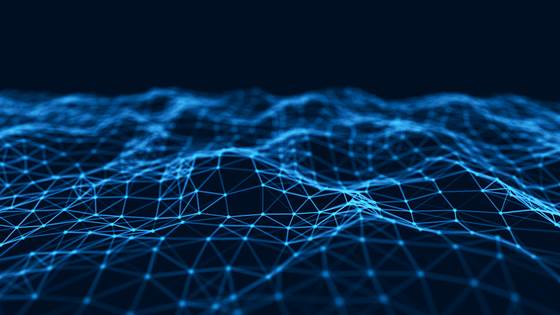Digitalisation represents the digital transformation that society and the economy are undergoing.
At SINTEF, we believe that human beings must be at the center of all developments that advance society. In a borderless digital world, vast opportunities have opened up for both businesses and governments, yet we also face challenges that were previously non-existent. Often, opportunities and challenges go hand in hand.
In the coming years, digitalisation and digital transformation will change the way we think, travel, shop, and work. Entire business models will disappear, and new ones will emerge. We are already seeing technology bringing businesses and public actors closer to customers or users. This necessitates demands for increased efficiency, more sustainable solutions, and transparency.
Automation and Autonomous Systems
Automation and robotics are crucial parts of digitalisation and the streamlining of society. Automation is used in many areas to increase productivity and tackle tasks unsuitable for manual labor. Autonomy takes automation a step further by allowing systems to make their own decisions in complex environments.
SINTEF researches everything from interactions between robots and humans, to autonomous ships and drones, control of processes and energy systems, to user experiences of digital assistants.
Artificial Intelligence
We cannot discuss digitalisation without addressing the all-encompassing opportunities presented by artificial intelligence. Algorithms and machine learning are used to interpret signals, support decisions, and implement actions.
At SINTEF, we are closely involved in research that garners international interest. Our projects include artificial intelligence contributing to more environmentally friendly road construction, recognizing one fish among 100,000 in a pen, and making medical diagnoses.
Big Data
Both autonomous systems and artificial intelligence require access to data. Big Data, or large-scale data, is crucial for digitalisation and describes systems for collecting, storing, and structuring data from various sources. We often talk about data ecosystems, and data sharing among stakeholders is a focused area. SINTEF connects Norway to international activities, including through memberships in the International Data Spaces Association and the Big Data Value Association.
The Internet of Things
Data is often collected through sensors placed in the physical world. This link between the physical and digital worlds is enabled by the Internet of Things.
SINTEF works on the development of sensors, the interconnection of sensors in sensor systems and networks, and wireless communication to connect sensors to the rest of the world. This leads to digital twins of physical objects ranging from oil platforms and batteries to the human body.
At SINTEF, we believe the journey has just begun. We look forward to contributing to exciting developments in the years to come.
How to succeed with digitalisation?
When a startup or a public agency needs to make changes or improvements, the approach is crucial for success. How should you use digital technology, and how should you conduct a digitalisation process?
If you need a discussion partner and advisor for your entire digital journey, contact SINTEF.







